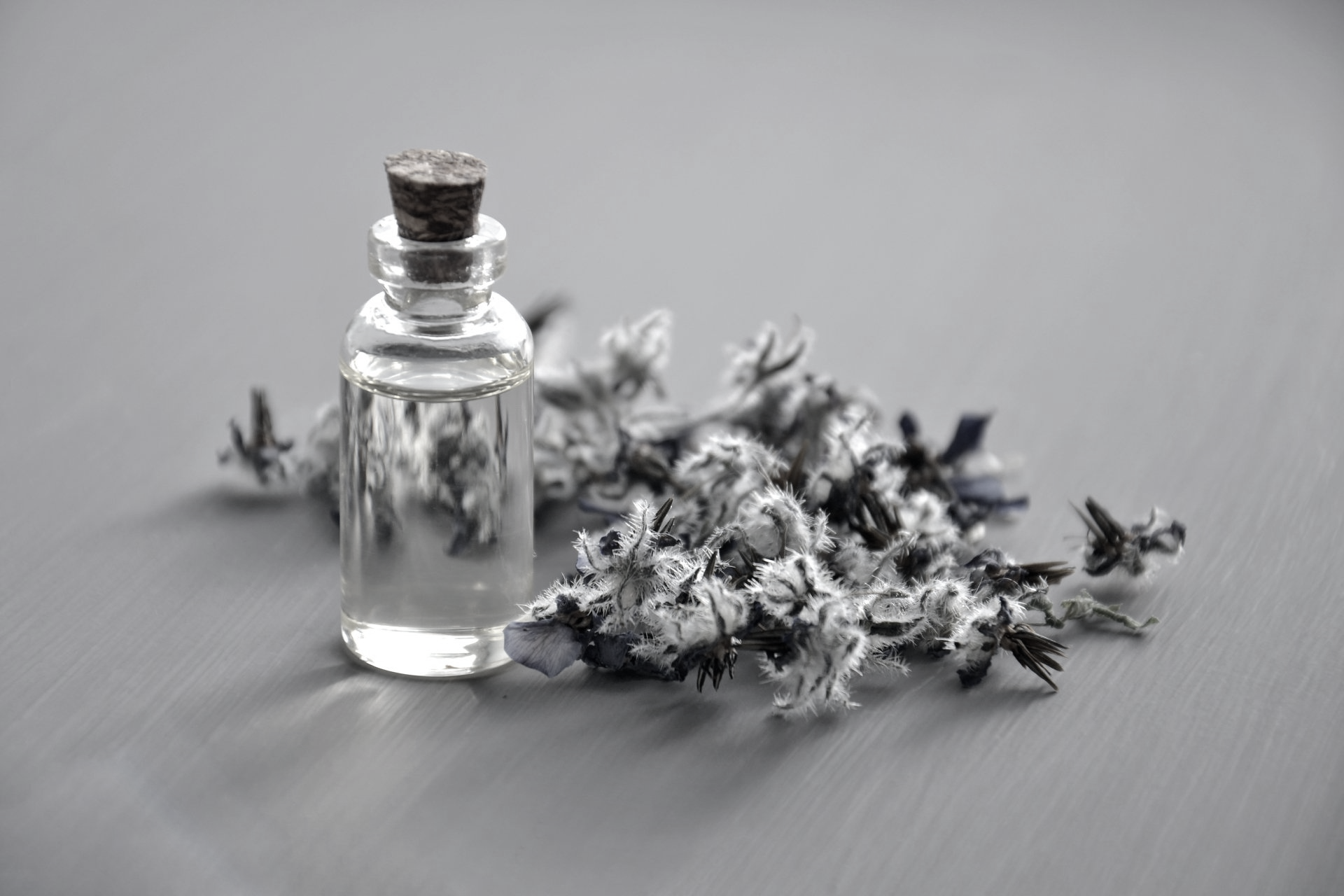COSMECEUTICALS IN CLINICAL PRACTICE
Dr Ken Macdonald, Dermatologist
Dr Ken Macdonald
qualified in medicine and surgery at Edinburgh Medical School and has post graduate training in dermatology and dermatologic surgery. Qualifications MB.ChB (Edin), FRACP, FRCP (UK), FNZDSI. He is a past president of the NZ Dermatological Society and previous clinical director of the Christchurch Department of Dermatology; an overseas Fellow of the American Academy of Dermatology and American Society for Dermatologic Surgery. A practicing member of the NZ Cosmetic Dermatologic Surgery Group he has interests including skin cancer management, skin laser surgery, liposuction and cosmetic facial surgery under advanced local anaesthesia and skincare.
Cosmeceuticals
combine a cosmetic formulation with bioactive ingredients designed to benefit skin. These are not pharmaceuticals (medicines) but when formulated properly and applied to the skin, they do improve skin health and quality.
Dr Ken Macdonald, specialist dermatologist, endorses the benefits of the PHI Cosmeceutical products in the maintenance and improvement of a healthy skin and in the management of skin ageing and sun damage. He notes that here is an ever-increasing scientific literature now supporting the efficacy of bioactive substances which can be safely applied to skin. There is not, however, the same level of clinical trial testing that is required for a medication. In the case of PHI Cosmeceutical however quality control is assured through full accreditation of each stage of the manufacturing process.
The PHI Cosmeceutical
products are formulated in Christchurch and are designed for New Zealand conditions and skin types. Their bioactive ingredients depend on a suitable delivery system, such as a carefully formulated emulsion (cream) or serum in order to reach the target cells and receptors. Bioactives include molecules such as antioxidants, peptides, retinoids and vitamins.
Antioxidants:
These act to reduce oxidative stress damage to DNA and cellular structures as well as protecting ‘natural’ additives such as plant extracts from deteriorating. Ultra-potent antioxidants also support the function of the body’s own antioxidants (for example Vitamin E) and can increase the activity of these essential substances. The main action, however of additional topical antioxidants is to remove or neutralise the excess of active oxygen and nitrogen species which accumulate in skin damaged by oxidative stress from ultraviolet and other radiation and polluting chemicals. These antioxidants prevent free radicals from forming chain reactions that have the ability to damage cells and DNA. In PHI Cosmeceutical, the potent antioxidants chosen (tocopherol acetate and dimethylmethoxy chromanol) are known to be active at the cellular level.
Peptides:
These are small molecules which form the structure of many compounds such as collagen and even very active moieties like botulinum toxin (Botox™). Many peptides are growth factors (not growth hormones) and assist the normal development of skin and the skin barrier function. The PHI Cosmeceutical peptides include snap-8™ (acetyl octapeptide-3), Delisens™ (hexapeptide-49) and Juveleven™ (acetyl heptapeptide-51). These are small molecules which are readily incorporated into the skin through topical application and have actions such as decreasing neuronal excitability and reducing skin sensitivity and pruritus (itch).
Retinoids:
Retinoids have a fundamental action on epidermal and dermal cell development and functionality via the retinoid receptors. The active molecule is retinoic acid which is reached through various pathways via retinol (Vitamin A). In PHI Cosmeceutical the reservoir molecule (retinol palmitate) is used to deliver a constant stream of active retinoids and this prevents undue irritation which can be an issue with higher concentrations of retinoic acid accumulating in the skin.
Vitamins:
Many vitamins are involved in skin health including Vitamin C (ascorbic acid) and Vitamin A (retinol). In PHI Cosmeceutical, the backbone of therapy is through the utilisation of Vitamin B3 (niacinamide/nicotinamide). This is a critical molecule in the coordination of beneficial and non-irritant cutaneous treatment. Niacinamide reduces irritation and redness and enables better function of other bioactive ingredients. It is a non-irritating exfoliant with a low molecular weight and it relatively penetrates the strata collumen (skin surface). It is also the bedrock of cellular energy and activity as NAD and NADH which are cofactors central to metabolism.






